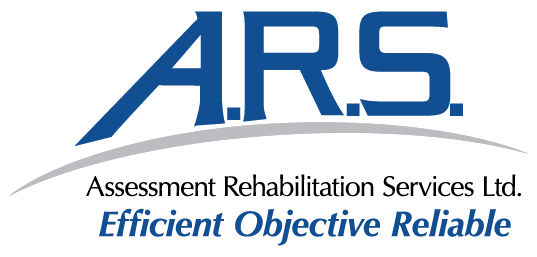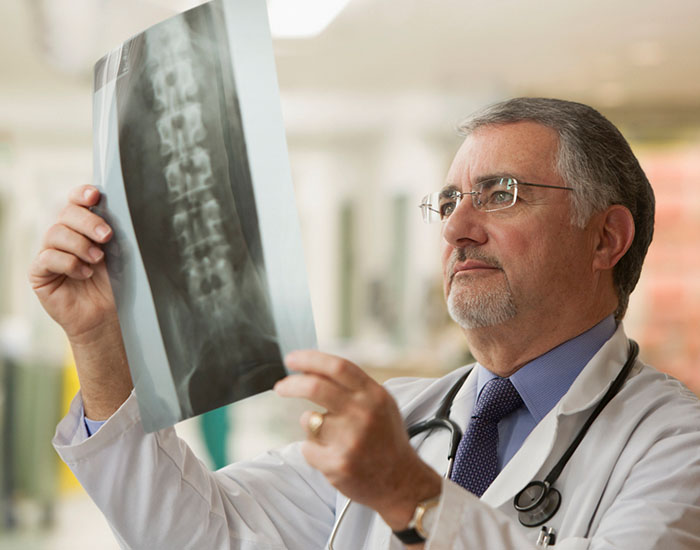

Unbiased, Independent Medical Evaluations in Ontario, and Across Canada
Choose A.R.S. for Your Independent Medical Evaluation Needs
A.R.S. has been delivering exemplary service to customers across Canada since 1999.
We handle each medical evaluation, mental health examination, or functional assessment referral with efficiency and effectiveness.
Our processes are optimized to ensure quality, timely reporting, and secure management of sensitive data, including medical records.
A.R.S. has been servicing the insurance, medical legal, and employment/disability communities with evidence-based in-person, virtual, hybrid, and paper review evaluations since 1999.
Our services are delivered nationally, across all Provinces.
A.R.S. Assessment Rehabilitation Services Ltd
Address – Head Office
150 Consumers Road, Suite 500
Toronto, ON, M2J 1P9
We Also Have Office Spaces in
Mississauga, ON
Halifax, NS
Edmonton, AB
Vancouver, BC
Plus 100s of Satellite Clinics Across Canada
Phone
416-510-2468
Toll Free
877-304-2239
Fax
416-510-8766


